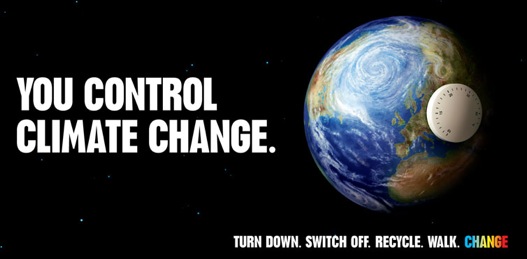
Italy is the riskiest country for climate change investment because its lack of clear policies will hinder its chances of meeting greenhouse gas emission cut targets by 2020, Deutsche Bank analysts said on Monday.
Countries need to cut greenhouse gases equivalent to the United States’ annual emissions output to prevent them rising in 2020 to dangerous levels, the bank said in a report examining various global climate change policies.
“In totality the policies put in place are not going to get us where we need to be by 2020,” Kevin Parker, Deutsche Bank’s global head of asset management, said on a conference call.
The bank’s report gave the major economies risk ratings for climate change investments based on mandated renewable, industry and sector targets aimed at curbing greenhouse gas emissions.
Countries without incentives like feed-in tariffs, such as the United States, Britain and Canada, were given a “moderate” risk because they rely on more volatile market-based incentives.
Through a tariff system, utilities are forced to buy renewable electricity at higher-than-market rates set by governments. The high price helps to overcome the significant costs of developing renewable energy sources.
Countries with feed-in tariff policies, such as China, Germany, France and Japan, had a “low” risk, the report said.
Italy had a “higher” risk rating because it has no clear policy in place.
Countries with feed-in tariffs are less risky for investors because the tariffs have resulted in a rapid increase in renewable energy rates, Parker said.
“If you’ve got a feed-in tariff, you know what you are dealing with. It is well defined,” he added.
In contrast, emissions targets are still aspirational and carbon markets will only deliver price signals in the long term, the analysts said — just six weeks before a climate change summit starts in Copenhagen.
To bridge the gap until carbon markets start to deliver in the future, governments must strengthen their incentives immediately if capital is to become available for investment in cleaner forms of energy, the report urged.